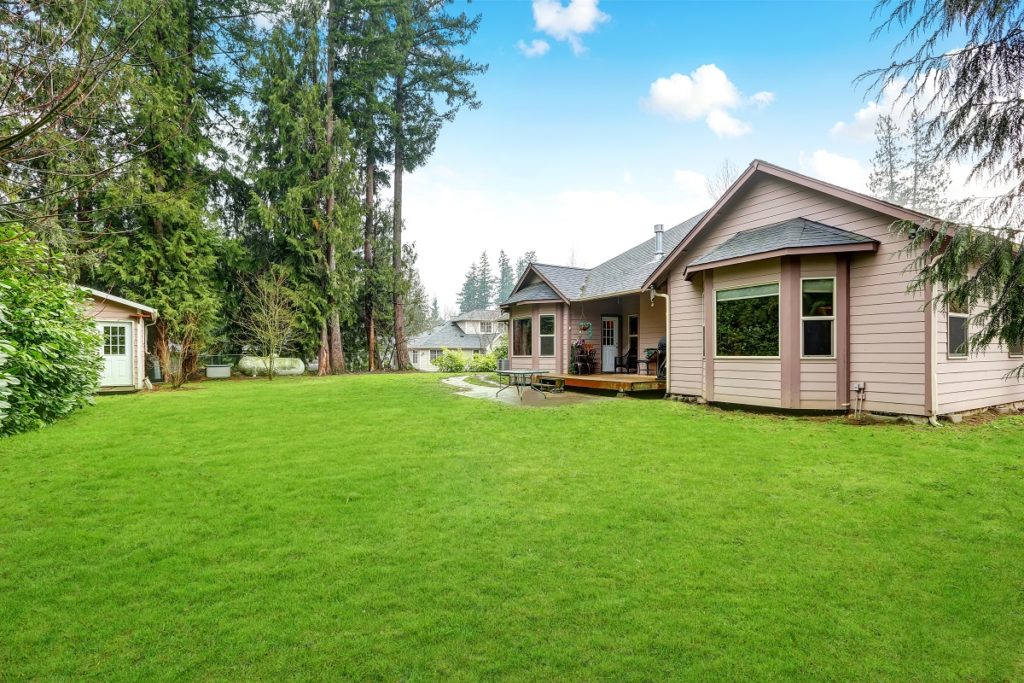The food industry has been using several ways of increasing their production numbers. Most factory-grown animals have been injected with growth hormones and different chemicals that can increase yields in meat. However, most individuals and groups would find that growth hormones and other chemicals are unethical.
Organic cafes have been rising in popularity in the past few years, especially when most individuals want to stop supporting industries known for contributing too much of the world’s carbon footprint.
Setting Up Your Organic Cafe
When you’re setting up your own business, you must take the necessary steps in ensuring that your business is in good condition. Not only will this encompass equipment that you might need, but you will also need to take steps in making your cafe legal in the eyes of the state.
While it may seem like there hoops that you might need to jump through to get your business in order, these won’t take as much effort as you think. Still, establishing your cafe is already a commitment in itself. If you’re bound to invest large sums of funds for this project, it’s only natural that you also put in time and effort for it.
Gardening and Landscaping
First and foremost, a part of any independent organic cafe needs to have an inviting and wholesome atmosphere. Your cafe’s exterior design is paramount in funneling in foot traffic to your cafe. Since your cafe’s exteriors are essential in advertising your business’s general atmosphere, it’s only necessary to commission the services of landscape designers that can provide professional services and supervision on what you’ll need to do.
Although it might mean that you will have to spend more than usual for your business, having an attractive exterior design can continuously reel in customers without having to spend much on marketing campaigns and advertisements. That makes a more sustainable form of “advertising” and can help you gain more in the long-term.
Your cafe’s exterior design is one of the best ways of marketing your business establishment to the public. An inclusive and inviting garden that has been landscaped to fit customers’ needs can help with customer experience while also increasing your rating on social media platforms.
Meeting the Needs of Your Customers
It’s also imperative that you listen to the needs and wants of your customers. You don’t necessarily need to ask about your customers’ needs, but it doesn’t hurt to ask for a few minutes off their time to fill out surveys. Still, customer experience should be a priority. Some studies have shown that businesses are quite keen on their customers’ customer experience to have 5% to 8% better conversion rates than their competitors.
You can also observe what most of your customers are doing on your cafe. Are they usually studying in your restaurant? Having electrical outlets and a responsive wireless connection can help retain customers looking to connect to the internet when working and studying. Are they more into having drinks and beverages while talking to friends? If this is the case, you might want to focus on a more “open-air” cafe where people can interact.
Developing a Menu
Right after you have a clear vision of who your customers should be and your cafe’s general atmosphere, you can start developing your cafe’s menu. Your business menu will be the backbone of your business.
The dishes and beverages you’ll be serving will determine your kitchen’s layout and who you will choose as suppliers. For the most part, customers don’t want an overly complicated menu and want a simple one while also strongly identifying with a specific niche. Still, you must utilize different forms of equipment in the kitchen when cooking.
It’s also worth noting that listening to your customers’ feedback can help you make necessary changes to your menu and inventory. Most of the time, an organic cafe will need to fit in with the local cuisine.
Contacting Suppliers

A part of having an organic cafe can serve your customers with “organic” food that has been naturally grown in local farms and sold locally. Although contacting a supplier is easier said than done as there are suppliers that see your business as merely another transaction. As such, it’s essential to look for suppliers that are committed to your long-term goals. Your suppliers should also perform timely deliveries and close enough that additional deliveries can be carried out without any problem.
It’s essential to take good care when choosing your ingredients. After all, it’s an organic cafe, and you’re aiming for healthier alternatives.
In summary, setting up your independent organic cafe is more than just buying ingredients and inventory that’s organic and having the necessary equipment. Having your organic restaurant can also comprehensively ensure that your business is legal, provide good customer experience, and listen to your customers’ needs. Most of the time, cafes flop when they ignore the feedback that their customers give. As such, it’s best to be quick on your feet by adapting to what your town wants.

